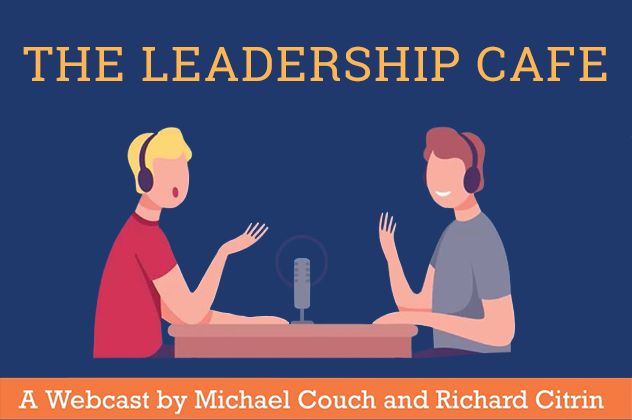It was painfully difficult to watch, and re-watch the video of George Floyd being murdered last week in Minnesota. My impulse was to find a way to jump through the TV screen and push that police officer off his neck. Throughout the country, the impact of that event has created pain and heartache and has led to violent protests in major cities across the country, including where I live here in Pittsburgh.

Although I emphasize and promote the resilience of individuals and businesses; organizations and societies need to become masterfully resilient in the face of tremendous adversity as well. But it’s important to recognize the great fragility that exists when resilient individuals, organizations, and our culture as a whole doesn’t learn from our mistakes and continue to make the same stupid mistakes over and over again. In this case it is about addressing institutional racism.
A few years ago, I co-presented a diversity workshop for a local non-profit with an African American colleague. She was a chief diversity officer for a local organization. During our preparation and discussions, I mentioned to her that I believed it was impossible, for me, as a white person in this culture to not have some kinds of racist attitudes and blind spots. She said she didn’t believe that, and if she thought I was racist; she would not be doing this program with me.
While I
appreciated her comments, I still disagree with her. In the same way that
African-Americans bear the brunt, physically, mentally and psychologically of our
country’s 400 years of slavery, 100 years of Jim Crowe, 50 years of efforts to
desegregate, and 10 years of Black Lives Matter, so too must I share the burden
of what the white culture has done (or not done) to remedy this societal scar
that will not heal.
Resilience in dealing with adversity is always about bouncing forward to do better the next time and not just about bouncing back to where we were before. Even with reflection and understanding, there is no guarantee that I will be able to take the right actions that will improve the situation, but it is obvious that I, (and we people of every color) need to do more. If you are not sure where to start, here are 75 things you can review and take action on to address racial injustice.
